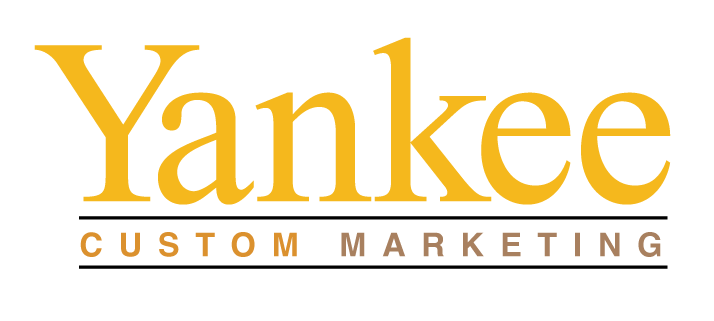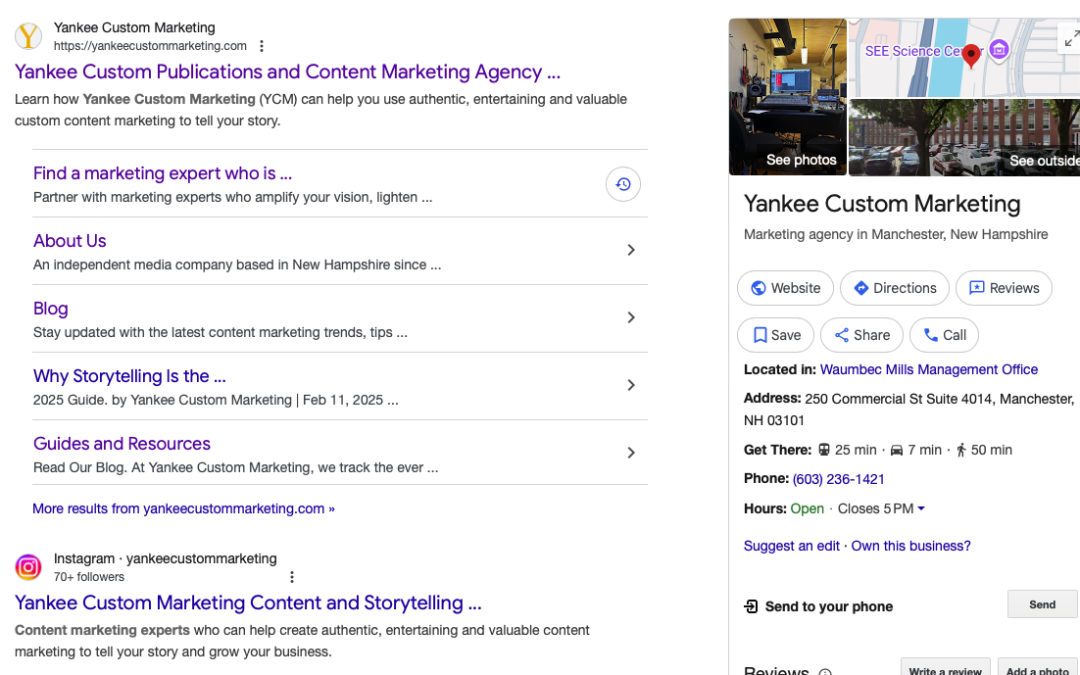Stories are powerful tools. However, even the most engaging narrative won’t make an impact if no one can find it. That’s where search engine optimization (SEO) comes in. Considering narrative content SEO can help content rise in the ranking to capture attention, build trust and drive results.
Studies show that stories improve recall and build emotional connections. But that’s with people. The machines and algorithms that feed search results “think” differently. What that means is that sometimes great stories don’t always rank well in search. The key is to find a balance where you can align smart SEO use with a natural brand narrative.
Storytelling is a way to connect emotionally and differentiate your brand. The human spirit and soul that comes through in your brand voice are necessary parts of that if you want your customers to build a genuine and lasting relationship with you. You want to maintain your voice and include search engine-friendly keywords. When storytelling meets SEO, content becomes both memorable and discoverable.
Laying the Groundwork for Narrative Content SEO
Before you start writing, you need to consider the search intent.
Understanding what your intended reader might be searching for is critical in identifying the keywords that will serve as a roadmap for your content. It’s important not only to consider what they are searching for, but also why.
When you have a solid idea of those points, use SEO tools such as Google Search Console, SEMrush or other software to identify high-value search terms and phrases.
If location is important to your business, either for a specific address or service region, make sure to incorporate local relevance and geo-targeted keywords into your content. Terms like “New Hampshire tourism marketing” or “Vermont spirits content strategy” help narrow down search results that are more relevant to a New England consumer’s need.
Balancing a Great Story with Critical Keywords
Though you’ve identified your keywords, when it comes to the first draft of your story, just write it naturally. Follow storytelling best practices with a clear arc from hook to challenge to resolution.
After it’s written, during the revision process, is when you should go through and optimize the text.
Find ways to naturally integrate keywords into your story without disrupting flow. If your story is targeting your topic well, it should not be too challenging to fit in some synonym swaps or clarifications to include keywords.
Take care to place keywords in high-impact areas, such as headlines, lead paragraphs and subheadings.
Client testimonials, brand origin stories and case studies are good opportunities to naturally introduce targeted terms.
Don’t forget to ensure your call-to-action is relevant to the content and keyword theme.
One well-told, well-optimized story can do more than a dozen keyword-stuffed posts, so focus on the quality of your piece, not how many keywords you can shove into it.
Quick Checklist: Narrative Content SEO
- Targeted keyword used in title and headers
- Story has a clear arc (hook, challenge, resolution)
- Geo-specific terms included (if relevant)
- Backend metadata and alternative text optimized
- Internal and external links added
- Natural keyword flow, don’t force keywords
Set Up Your Story for SEO Success
The best way to make sure your story shines through while being searchable is by setting up your web content appropriately on the back end with a visual display that’s easily scannable.
Tips to enhance the SEO of narrative content include:
- Use clear and helpful information hierarchy, with accurate html tags, like H1, H2s, short paragraphs, bullet points and readouts
- Lead with a compelling hook, then follow with substance
- Include both internal links (to your own site) and external links (to trusted sources).
- Prioritize metadata: Title tags, meta descriptions, alt text help search engines understand your story
- Optimize for featured snippets when applicable (like using a brief question and answer format)
Story-driven Content and SEO Work Together
When you thoughtfully add optimized keywords to your already strong storytelling, you will create content that readers can find and connect with.
You may already have stories produced that you can review and re-optimize for more visibility.
Whether you’re building your content library or looking to enhance existing stories, Yankee Custom Marketing can help you optimize for both clarity and discoverability, so more customers find and connect with your brand.
Curious about how AI is upending past typical internet search behavior? Look out for our upcoming blog post where we’ll address it in more detail.

